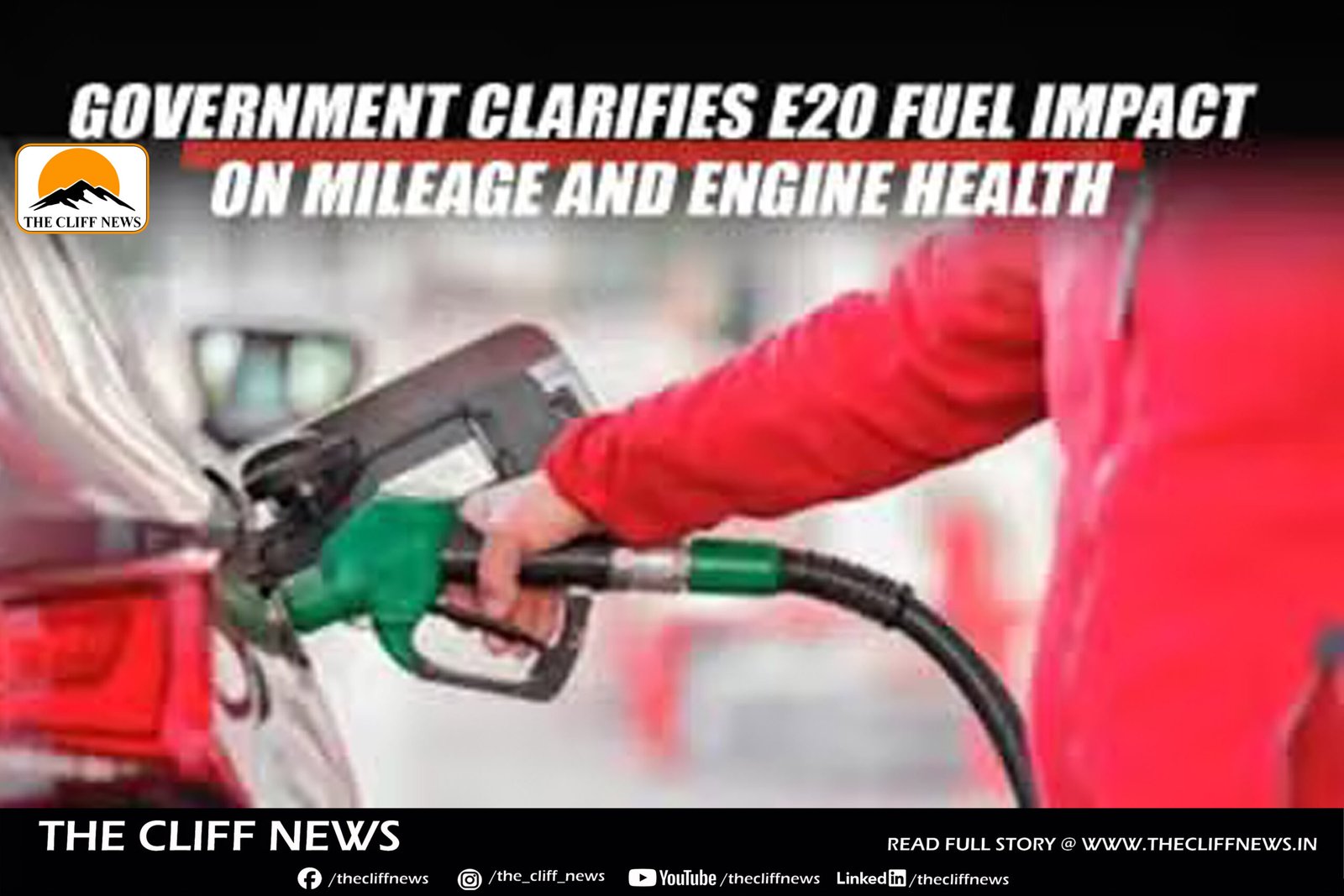At a high-level press conference on Friday, key stakeholders of India’s Ethanol Blended Petrol (EBP) Program — including oil companies, automakers, distilleries, certification agencies like ARAI and iCAT, and regulatory bodies such as BIS — came together to highlight the country’s progress toward 20% ethanol blending (E20) and reaffirm its transformative benefits for the economy, environment, and farmers.
The joint session stressed that India’s E20 journey is a calibrated, standards-backed process spanning two decades, designed to reduce crude oil import dependency, save foreign exchange, cut carbon emissions, and boost farmers’ incomes without compromising on vehicle safety or performance.
Key Outcomes and Benefits
- Economic Gains: At 20% blending, payments to farmers are estimated at ₹40,000 crore in 2025, while forex savings are expected to touch ₹43,000 crore. Since inception, the program has saved ₹1.44 lakh crore in foreign exchange and substituted 245 lakh metric tonnes of crude oil.
- Environmental Gains: The program has cut 736 lakh metric tonnes of CO₂ emissions — equivalent to planting 30 crore trees.
- Farmer Support: The initiative has diverted spending on crude imports to rural India, branding farmers as “Urjadaatas” (energy providers), and has been credited with reducing farmer distress.
Technical Advantages
Ethanol has a higher octane rating (108.5 vs petrol’s 84.4), enabling modern high-compression engines to deliver better acceleration and efficiency, especially in urban driving conditions. With E20, India’s petrol now achieves RON 95, improving anti-knock performance.
Concerns about drastic mileage loss were dismissed. Testing on older vehicles showed only a marginal drop in fuel economy, while real-world mileage remains more dependent on driving practices, vehicle condition, and AC usage.
Clarifications on Rumours
- Water Ingress Claims: Viral social media posts alleging ethanol caused water ingress in fuel tanks were termed baseless; no scientific study or OMC advisory supports such claims, and petroleum dealers have reported no customer complaints.
- Insurance & Warranty: Officials clarified that insurance policies remain valid and vehicle warranties are unaffected by ethanol use.
Global Lessons and Domestic Commitment
Stakeholders noted that India’s program draws heavily from Brazil’s successful ethanol adoption model, but has been adapted after detailed studies under Indian conditions. The government and industry reiterated their shared commitment to expanding ethanol use as part of India’s energy security and climate goals.
“This is not just a fuel transition, but a national mission benefiting the economy, the environment, and millions of farmers,” said representatives from ARAI and oil marketing companies.



